I know we’re all sick of hearing about Covid-19; I won’t bore you with statistics or point out your wrongdoings. Instead I wanted to share my fascination with the way in which brands, big and small, have reacted to the global crisis. Not only is it worth taking note of their crisis management but also their crisis communication and marketing. Sparks of creativity and brilliance were keeping us sane as organisations developed impactful ways to demonstrate how much they cared. They’ve been addressing customer concerns, trying to unearth solutions and attempting to create solidarity whilst promoting a physical separation. Others just graced us with humour during some of the dimmest days.
Many would argue that brands were faced with a sink or swim dilemma. The options were to think on their feet; either physically changing the product or the service they provide, remaining relevant through crisis marketing or suffer irretrievable losses.
- Addressing customer concerns
By early March it became apparent that this virus was here to stay. Every day we were faced with unprecedented decisions taken by the government, impacting on every aspect of our lives and rapidly heightening our stress levels. Companies were keen to express empathy, acknowledging the impact Covid was having on so many. Stockpiling became a daily ritual for those fortunate enough to do so. Toilet paper became a hot commodity; I’m still unsure why. Panic buying led to stretched supply chains and the resultant shortages meant brands were faced with backlash from the self-same panic buying consumers. Cottonelle, one of the leading toilet paper brands, developed a campaign encouraging consumers to “stock up on generosity” and #shareasquare.
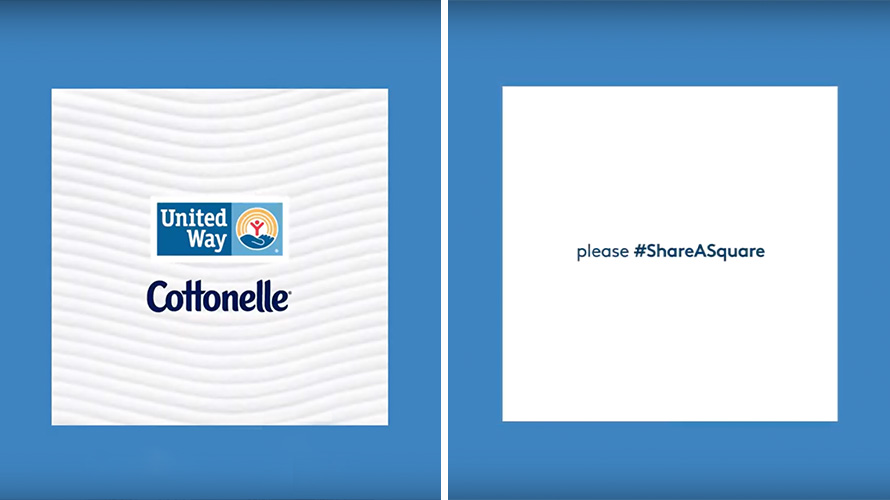
2. Finding solutions
Companies quickly responded to the urgent requirement for medical equipment and Personal Protection Equipment (PPE). The demand was for hand sanitiser, ventilators, scrubs and masks. Large brands, such as Smiths Group, LVMH and Brewdog, were in a strong position to pivot their manufacturing in order to develop prototypes or products. Smiths Group worked with the VentilatorChallengeUK Consortium securing a contract to produce 10,000 ventilators for the UK. Additionally, world renowned company LVMH converted their perfume factories to produce hand sanitiser. LVMH are famed for their high-end luxury products, however, we all learnt very quickly what the real luxury in life was; our health.
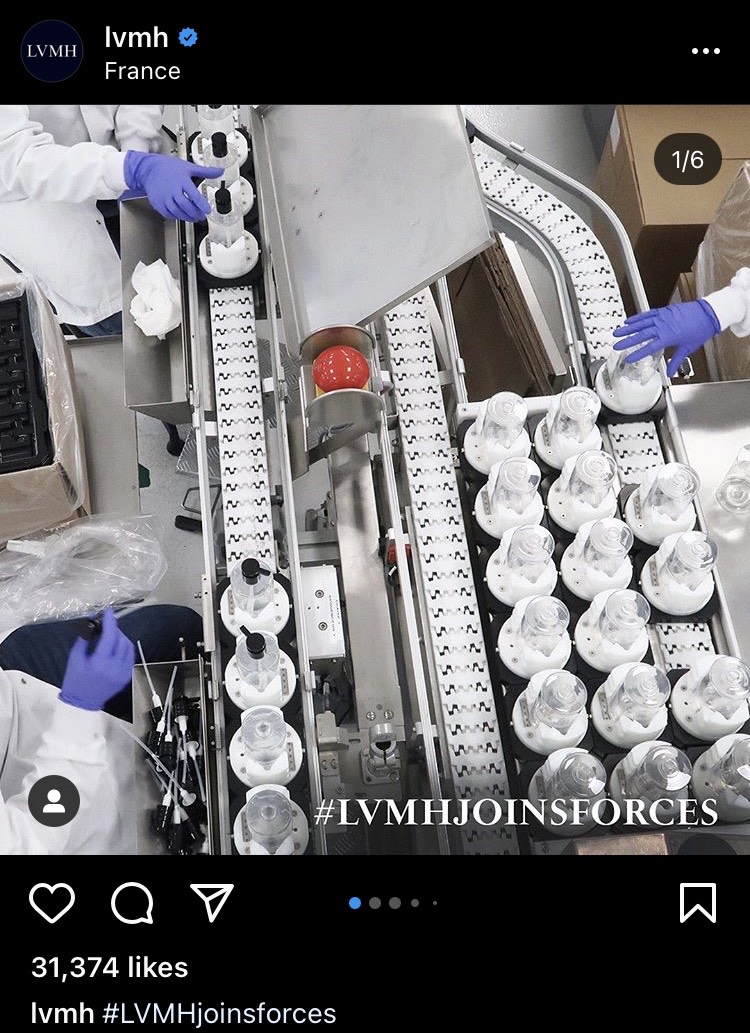
Closer to home, we experienced similar adaptations. Groups were popping up everywhere producing thousands of scrubs and other PPE. In fact, I do recall chuckling at the sight of doctors or consultants working in princess-themed scrubs made from children’s bedsheets. With regards to businesses adapting to the new normal and providing a new service, I am sure the majority of us jumped at the opportunity to pick up a takeaway from our local restaurant. For many restaurants this was a completely new experience and hiccups in services were inevitable. But let’s face it, at this point we had the time to wait for our dinner. Restaurants such as Shu in Belfast created an online menu of recipes and ingredients which customers could choose from, collect and cook at home. This ensured that they still managed to stay afloat in uncertain times and continue to provide a product and service to their loyal customers.
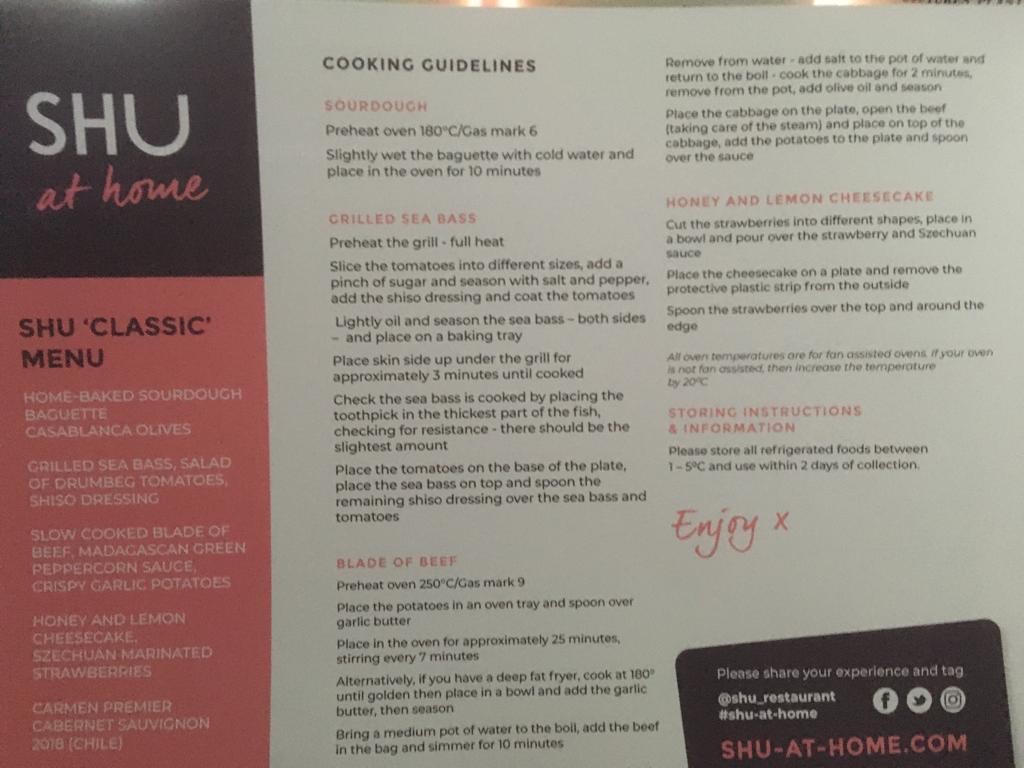
3. Sense of solidarity
Brands and organisations took responsibility for spreading awareness and encouraging people to observe social distancing. Brands wanted to demonstrate their understanding of our wish to remain united despite the physical barrier between us all. Coca Cola placed a billboard in Times Square which read “Staying apart is the best way to stay united”. Nike also jumped on the bandwagon, generating a catchy slogan “play for the world, play inside”. Portraying the world as a smaller place with a shared identity, and striving to engender a kindred spirit, became a common theme. The most touching one for me was the St Patrick’s Day Guinness advert. Despite gatherings and celebrations being slightly different this year, Guinness found a way to intensify our sense of camaraderie, yanking on the strings of our national identity.
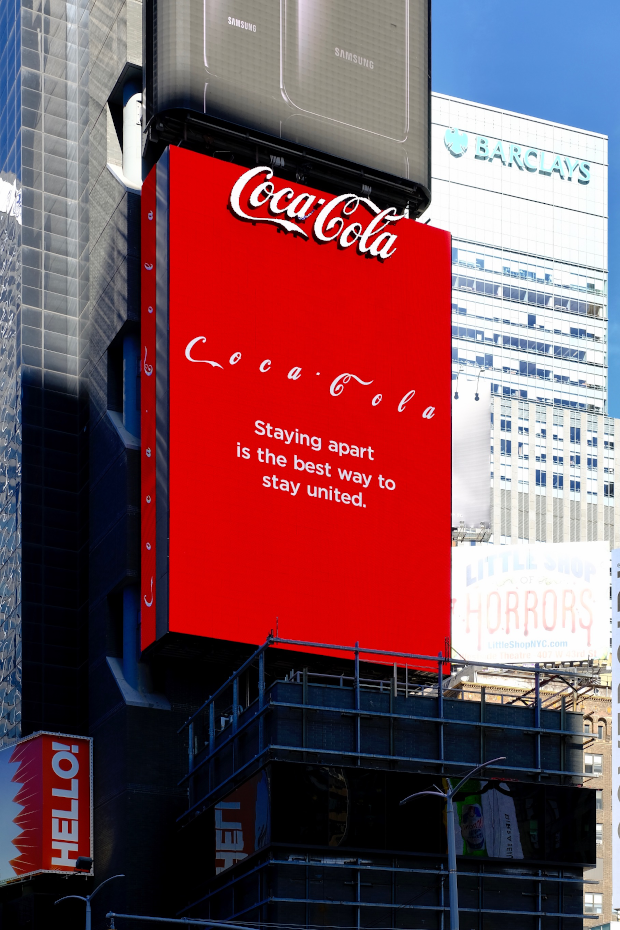
4. Humour
Humour effectively executed can reap excellent rewards for brands. It creates emotional arousal and promotes the release of anxiety or worry through amusement. Through efficacious humour, organisations can take important rules and regulations set by higher powers, make light of them but also inform their customers. When brands allow us to see their ‘funny side’ we open up more to them and, on occasion, their marketing ploys can become the most memorable to us. In keeping with Covid-19 guidelines, KFC removed the “finger lickin’” part of their famous slogan “it’s finger linkin’ good”, much to my amusement. Another which caught my eye was Connswater Shopping Centre’s sign, making light of the fact they were insisting on customers wearing a face covering.
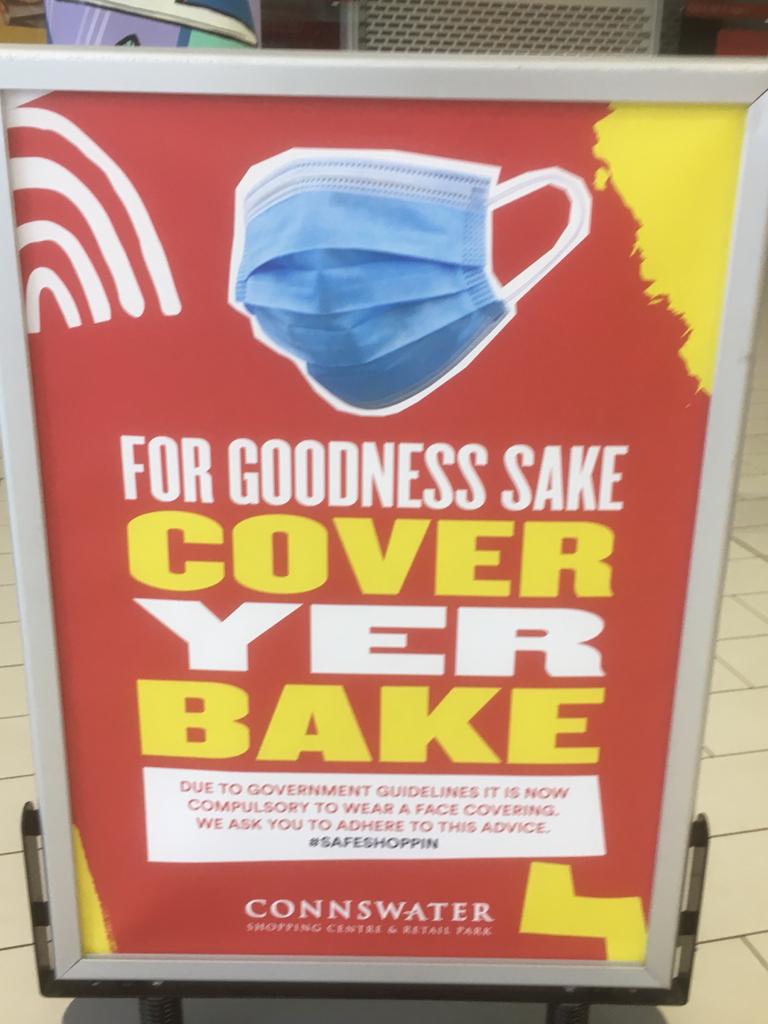
We will never forget the year 2020, each of us for slightly different reasons. Despite the difficult times we’ve faced, I know I’d be speaking on behalf of so many when I say it’s been a hugely insightful time. Particularly for me as I begin my career in communication and public relations. I have been inspired by so many organisations, watching as they harness their creativity in every aspect of business life. Learn from them, take chances, be bold, and prosper.
Lydia Killen is a final year BSc Communication Management and Public Relations student at Ulster University. She can be found on Instagram and Twitter